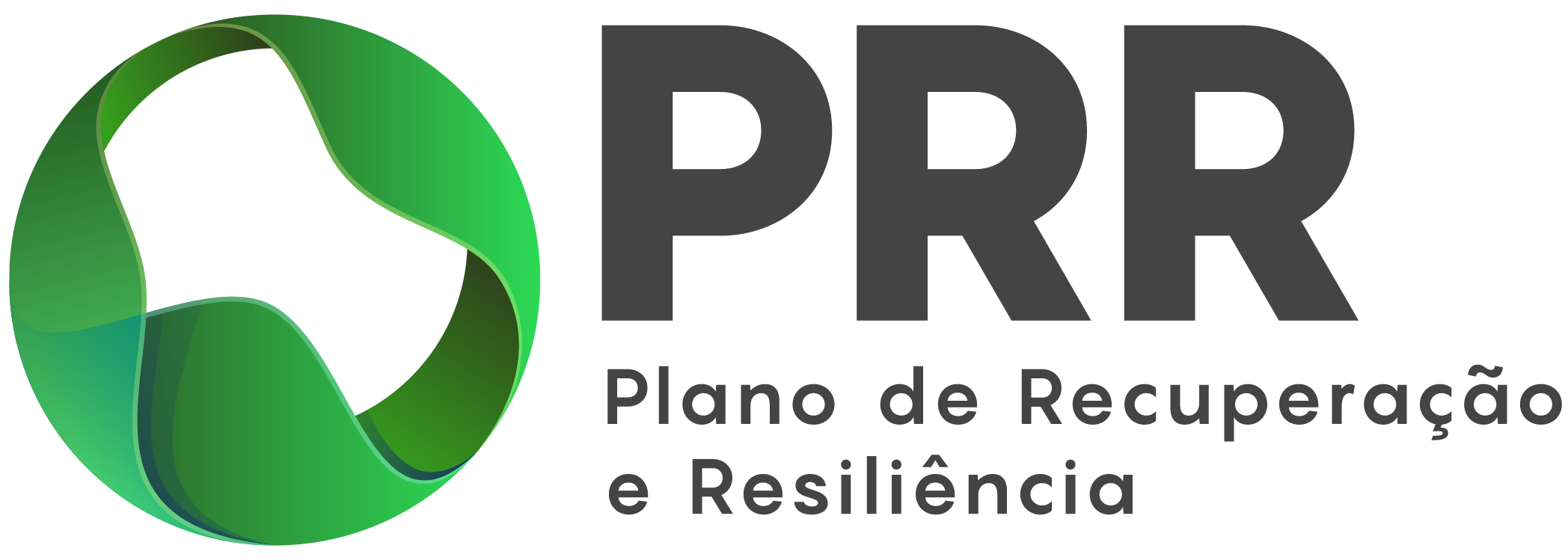According to The Portugal News, Portugal occupies 16th place among 167 countries in the ranking of compliance with the United Nations Sustainable Development Goals (SDGs), with a score of 80.2, in a list that is led by Finland (86.4).
According to the 9th edition of the Sustainable Development Report, released by the United Nations Sustainable Development Solutions Network (SDSN), the Portuguese State is slightly above the regional average (77.2) and compliance with more than half of the 17 SDGs is defined as “achieved” or “in progress”.
Compliance with the objectives was assessed with four colours: green, yellow, orange, and red, on a scale that ranges from SDGs achieved (green) to the continuation of major obstacles (red) to meet the UN goals by 2030.
The only objective given as achieved by Portugal in this document was the eradication of poverty, with progress also being made in three other areas, namely gender equality, clean and accessible energy, and sustainable cities and communities, although it is still considered that these three dimensions remain challenges to overcome.
Moderate progress was also recorded by the country in seven SDGs: health and well-being, clean water and sanitary conditions, decent work and economic growth, industry/innovation and infrastructure, reducing inequalities, climate action, partnerships for the goals. The areas of health and work are classified in yellow, reflecting the existence of challenges in meeting the established goals.
However, despite the evolution, the areas of climate action and partnerships are still classified as major challenges (red), and the SDGs of clean water and sanitary conditions, reduction of inequalities, and industry/innovation and infrastructure appear in orange, that is, they persist significant challenges to its fulfilment.
According to the 9th edition of the Sustainable Development Report, released by the United Nations Sustainable Development Solutions Network (SDSN), the Portuguese State is slightly above the regional average (77.2) and compliance with more than half of the 17 SDGs is defined as “achieved” or “in progress”.
Compliance with the objectives was assessed with four colours: green, yellow, orange, and red, on a scale that ranges from SDGs achieved (green) to the continuation of major obstacles (red) to meet the UN goals by 2030.
The only objective given as achieved by Portugal in this document was the eradication of poverty, with progress also being made in three other areas, namely gender equality, clean and accessible energy, and sustainable cities and communities, although it is still considered that these three dimensions remain challenges to overcome.
Moderate progress was also recorded by the country in seven SDGs: health and well-being, clean water and sanitary conditions, decent work and economic growth, industry/innovation and infrastructure, reducing inequalities, climate action, partnerships for the goals. The areas of health and work are classified in yellow, reflecting the existence of challenges in meeting the established goals.
However, despite the evolution, the areas of climate action and partnerships are still classified as major challenges (red), and the SDGs of clean water and sanitary conditions, reduction of inequalities, and industry/innovation and infrastructure appear in orange, that is, they persist significant challenges to its fulfilment.




